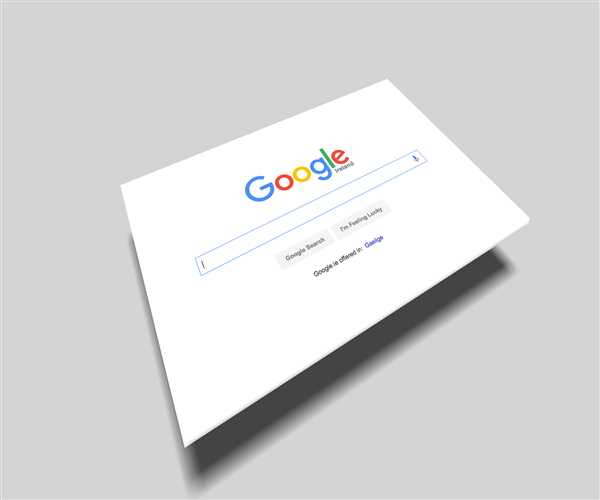
Google to expand misinformation “pre bunking” in Europe
Google will launch a new campaign in Germany to help consumers resist online disinformation after witnessing success in Eastern Europe.
The tech giant will produce short videos exposing typical deceptions. German Facebook, YouTube, and TikTok ads will feature the videos. India is planning a similar campaign.
Prebunking teaches people to recognize fraudulent statements before they encounter them. Researchers and IT businesses like the approach.
“There's a great hunger for solutions,” said Beth Goldberg, Jigsaw's head of research and development. “Using ads to refute disinformation is innovative. We're thrilled.”
The internet's speed and reach have given conspiracies and lies new strength. Misleading statements, fueled by algorithms, can deter immunizations, promote authoritarianism, undermine democracy, and incite bloodshed.

It's difficult. Journalistic fact checks are effective but laborious, not widely read, and won't persuade individuals who distrust journalism. Tech corporations' content control spreads disinformation and draws censorship and bias accusations.
Prebunking videos are cheap, easy to make, and can reach millions when posted on popular platforms. They ignore the political difficulty by focusing on the methods that spread viral misinformation.
These methods include fear-mongering, scapegoating, incorrect comparisons, hyperbole, and omitting context. Misleading assertions commonly use one or more methods to manipulate emotions and bypass critical thinking, whether about COVID-19, mass shootings, immigration, climate change, or elections.
Google's pre-bunking video campaign in Poland, the Czech Republic, and Slovakia last fall was the largest test of the hypothesis. False refugee claims were examined in the videos. Many of those assertions focused on scary and false reports about refugees committing crimes or snatching natives' employment.
The videos were viewed 38 million times on Facebook, TikTok, YouTube, and Twitter, most of the three nations' populations. People who saw the films were more likely to recognize misinformation strategies and less likely to spread misleading claims, according to researchers.
Prebunking's largest test so far supports the idea.
Alex Mahadevan, director of MediaWise, a media literacy initiative of the Poynter Institute that uses pre-bunking in Brazil, Spain, France, and the U.S., said, “This is a good news story in what has largely been a bad news business when it comes to misinformation.”
Mahadevan termed the technique a “pretty efficient way to combat disinformation at scale since you can reach a lot of people while simultaneously addressing a wide spectrum of errors.”
Google's new German campaign will emphasise photographs and videos and how easily they may be used to prove a lie. Following the Turkish earthquake this week, some social media users shared footage of the 2020 Beirut explosion, claiming it was a nuclear explosion caused by the earthquake. Misinformation about the 2020 explosion was not new.
Before next week's Munich Security Conference, Google will unveil its new German campaign. Before that annual summit of foreign security leaders, tech businesses and government officials expressed concerns about misinformation's influence.
Sander van der Linden, a principal researcher on pre-bunking, said tech corporations prefer it because it avoids sensitive themes that can be politicised. Google's campaign was advised by Van der Linden, who now advises Meta, Facebook, and Instagram owners.
Also Read: How do you Qualify for a Wikipedia Page? A- Comprehensive Guide
In an email, Meta told The Associated Press that it had used pre-bunking in various media literacy and anti-misinformation programs in recent years.
They include a 2021 U.S. COVID-19 media literacy program for Black, Latino, and Asian Americans. The training made participants more resistant to COVID-19 misinformation.
Prebunking presents obstacles. "Booster" videos are needed after the videos wear off. The videos must also be engaging and adapted to diverse languages, cultures, and demographics. It's not 100% effective, like a vaccine.
In Eastern Europe, Google's marketing varied per country. In Slovakia, the videos had "little to no noticeable effect," whereas, in Poland, they had the most impact.
One possibility is that the videos were dubbed into Slovak.
However, pre-bunking with traditional journalism, content moderation, and other measures could help communities develop herd immunity to disinformation and prevent its spread.
As a virus, disinformation spreads. Disseminates. lingers. It can affect behaviour, quoted Van der Linden. "Not everyone gets symptoms. So: if it spreads and acts like a virus, maybe we can figure out how to inoculate people.”


